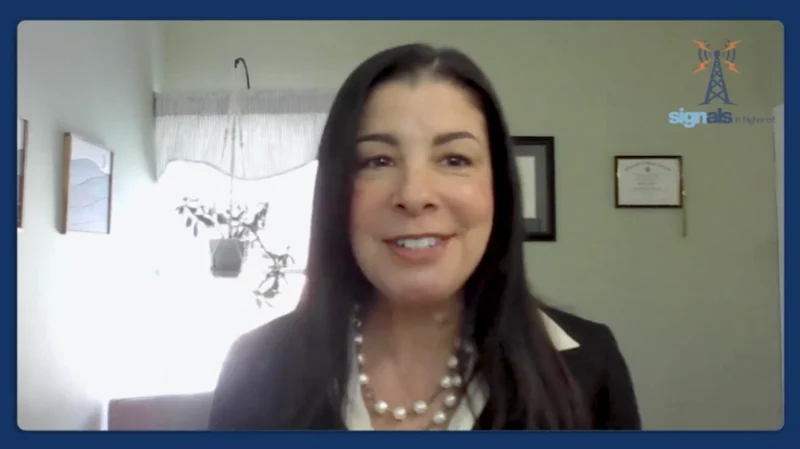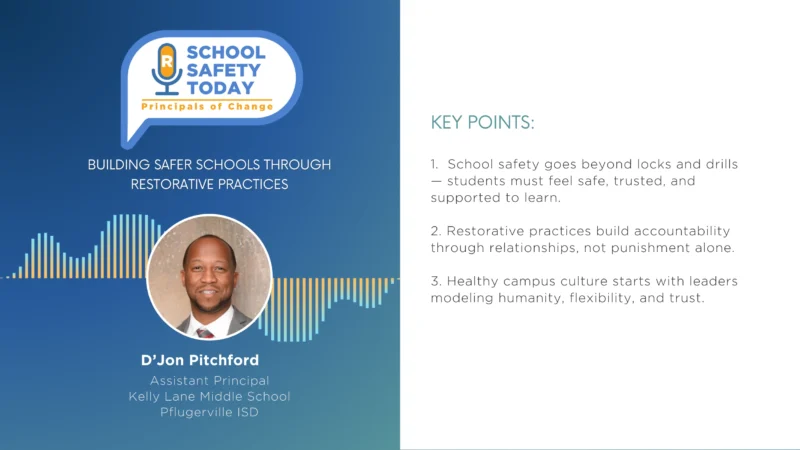Modern Classroom Approach: Supporting Student Learning Outcomes
Everyone knows it – education needs to change. Our educational landscape is outdated and antiquated. The current education system does not support students the way it needs to, and test scores and international rankings show that. So, how does our approach to classroom teaching need to adjust to modernity?
The latest episode of the Future of Education showcases Kareem Farah, Co-Founder and CEO of the Modern Classrooms Project, who joins host Michael Horn to talk about his non-profit initiative transforming schools and boosting student learning outcomes.
Farah, who co-founded the non-profit with a fellow teacher at the time, realized during his teaching tenure how difficult it was for instructors to access the right tools and make the buzzwords everyone was using a reality. Farah explained, “…Our entire vision as an organization is to support educators in actually accomplishing a lot of buzzwords we often hear, right? Things like personalized learning, student-centered instruction, mastery-based and competency-based assessment…”
Horn and Farah discuss…
● How the modern classroom approach has impacted over 1,400 schools nationwide
● How the modern classroom approach impacts student learning outcomes
● Why mastery-based learning should be a priority in the classroom
Explaining how Modern Classrooms works, Farah said, “So, the first thing is, we don’t host anything. We don’t even have a product. So, it’s actually quite interesting that we’re one of the only organizations I know that we have a different model of teaching that is curriculum, grade level, content area, and tech-tool agnostic.”.
Farah holds over thirteen years of experience in the education sector, where he first started his journey as a Corp Member of Teach for America before becoming a High School Math Teacher in Hawaii and Washington, DC. Now, as the Co-Founder and CEO of the Modern Classrooms Project, Farah works to empower teachers to rethink and redesign their classrooms around blended, self-paced, mastery-based learning. He holds a Bachelor’s Degree in Finance from Washington University in St. Louis and his Master’s in Secondary Education and Teaching from Johns Hopkins University.




